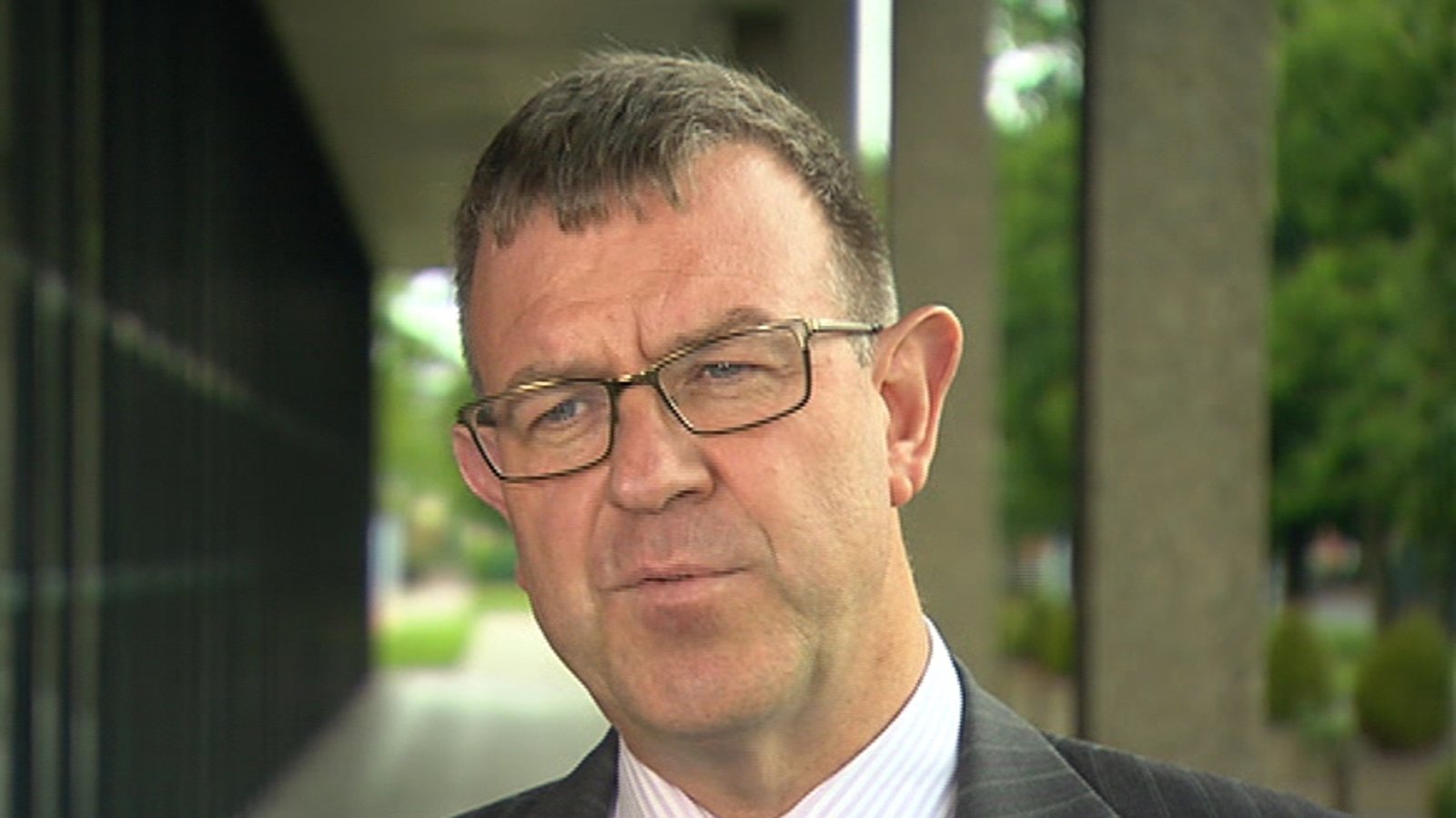30% rise in complaints about public services

Nearly 4,500 complaints about public services were made to the Office of the Ombudsman last year – a 30% rise since 2020.
Ombudsman Ger Deering’s annual report highlights a continued rise in complaints from 3,418 in 2020 to 4,465 in 2023.
The most complaints were about local authorities, making up 1,430 complaints in 2023 – a 13% increased on the previous year.
Housing related complaints made up the majority of complaints about local councils.
Speaking on RTÉ’s Morning Ireland, Mr Deering said his office is going to engage with local authorities to help them improve their own complaints system “before they have to come to us”.
His office is bringing a “human rights lens” to issues brought to their attention, Mr Deering said.
“This means we look at how people are treated, as well as the service they received,” he said.
“We look to see were they treated with respect and dignity.”
After local authorities government departments saw the second most complaints, with 1,175 received in 2023 – down 36% on 2022.
The decrease was a result of a significant fall-off in complaints about the Passport Service, the Ombudsman Office said.
Some 839 complaints were made about health and social care in 2023.
Of these, 674 complaints were about the HSE, 134 complaints related to Tusla and 31 complaints related to bodies funded by, or providing services on behalf of, the HSE.
This is an increase of 49 cases or 6% on 2022.
Mr Deering said there has been a steady increase in complaints over the last few years.
“This is probably due to a greater awareness of our office”, he said, “and the fact that far more public services are being delivered now.”
The Ombudsman said some public bodies are improving.
He pointed out that his office made 21 recommendations to the HSE last year following an investigation into accessing treatment abroad.
These recommendations are being implemented, he said, and people received refunds that they otherwise would not have gotten.
“There are very good examples of where it does improve, but unfortunately with the expansion of services and sometimes the pressure that people are under, there are lapses,” Mr Deering added.
“And sometimes it comes down to individuals. There are a huge amount of public servants who do their jobs very well, in other cases we find people aren’t as careful.”
Mr Deering said people who come to his office are often very vulnerable and the purpose is to resolve the existing problem while also ensuring it does not happen again.
Among the other areas, regulatory bodies received 321 complaints in 2023 – a 2.5% increase on 2022.
Some 217 complaints were received in relation to public bodies in the education sector in 2023.
This is an increase from 195 in 2022 (up 11%).

Council’s withdrawal of emergency accommodation was ‘inappropriate and unreasonable’
The Ombudsman report flagged a number of cases it dealt with last year.
They include a family in Cork who had become homeless and complained to the Ombudsman saying that Cork County Council was threatening to withdraw their emergency accommodation.
The family of two adults and their children lived, worked and went to school in one area in Cork for around 10 years.
Around two years earlier the family had been approved for social housing by the council and were offered a house 40km from the area in which they had been living.
The family believed they could not accept the offer due to the length and cost of their commute to work and school, and because of their ties to the community.
The family were told by the council that if they did not accept the offer, they would lose their emergency accommodation and would be reported to TUSLA for putting the children at risk.
The council gave the family notice to leave emergency accommodation a week after the birth of a child.
The Ombudsman believed it was unreasonable for the Council to withdraw their emergency accommodation because they rejected the offer of housing.
The Ombudsman also said that the tone of the communications from the council to the family was completely inappropriate, was far below the standard expected from a public body dealing with a family in need.
The Ombudsman was also unclear why the family were offered a property 40km from where they worked and attended school when there were properties soon to be available in that area.
The Council apologised to the family for the tone of the communications and accepted that the family should be allowed to break the lease agreement given that the property they were living in was not suitable.
The Council did not accept that its initial allocation offer was unreasonable. However, it provided further help to the family and located a suitable property closer to their jobs and schools.

Hospital refused to deal with bereaved parents’ complaint as it was ‘outside time limit’
A couple contacted the Ombudsman after the Rotunda Hospital in Dublin refused to deal with their complaint as it was made outside the 12-month time limit for making complaints to it.
The couple wanted to complain about their poor experience at the hospital during the birth of their baby who died shortly after birth.
The hospital, while expressing sympathy for the couple, decided that an exemption to the time limit would not be granted.
The Health Act 2004 sets out the arrangements for dealing with complaints about a hospital and includes a 12-month time limit for making a complaint.
However, this time limit may be extended by a hospital where special circumstances make it appropriate to do so.
The Ombudsman believed that the circumstances surrounding the case was a very understandable reason as to why this couple was not in a position to pursue their concerns with the hospital until some time had passed.
The Ombudsman asked the hospital to review its decision.
In response to the Ombudsman’s concerns the hospital agreed to accept the complaint and to contact the couple to discuss how best they wished to progress their complaint.
Ger Deering was appointed Ombudsman and Information Commissioner for Ireland in January 2022.





